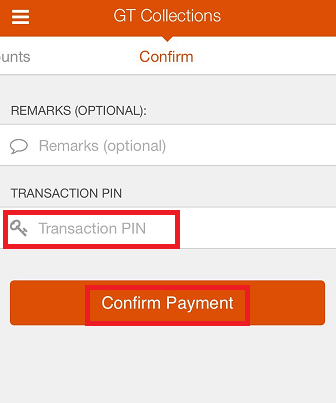A Quick History Of Sports Betting
페이지 정보

본문
This is an excerpt from Business of Sports Betting epub, The by Becky Harris, John T. Holden & Gil B. Fried.
Sports and gambling have been carefully intertwined considering that the beginning of arranged competitors. Even ancient civilizations gambled on sports:

- As far back as 4000 to 3000 BC, ancient Egyptians bank on dice, board video games, and accomplishments of skill, such as chariot racing and fencing (Bulski, 2020).
- Betting on sports occurred throughout the ancient Olympic Games, around 800 to 700 BC ("Sports Betting History," n.d.).
- In ancient Rome, banking on video games and races was prevalent. Though betting was periodically forbidden in ancient Rome, exceptions were produced vacations, on which gaming was accepted. In the very same age as the early Olympic Games, Romans bank on chariot races (De Haas, n.d.).
In 1612, King James revealed the first lottery game in Britain, an occasion that would play an essential role in funding the Jamestown Colony. The lottery consisted of people buying tickets, which were then positioned inside a barrel or drum, and then a name being picked. Lotteries played a vital role in America's advancement, with much of the nation's first public buildings, colleges, roadways, canals, and spiritual structures being funded through both public and personal lottos. In 1776, the First Continental Congress started a lottery in the 13 nests to fund the Revolutionary War (Little, 2019).
British inhabitants also brought a passion for horse racing with them, and the very first racetrack was established in 1665 on Long Island in New York City. Despite durations of unpopularity, horse racing has actually preserved a consistent existence in the United States given that at least 1665, an abnormality amongst regulated kinds of gaming ("Horse Racing History," n.d.).
The expansion of the United States westward saw an increase in betting activities such as poker and other card video games. Illegal betting establishments were often overlooked by authorities, and the goings-on were seen as a lesser evil than a few of the other activities engaged in during that period, such as brawling. Some cities, such as San Francisco, even certified limited types of gambling as a means of raising income (Holden & Edelman, 2020).
Professor I. Nelson Rose has actually classified three waves of legalized betting in the United States (Rose, 2010).

1787 to Mid-1830s
- In this duration, gaming was mainly however was permitted to raise profits by means of lottos or raffles.
- Lotteries were often run by both public and personal companies; however, by the middle of the 1800s, there were various lotto scandals throughout the United States. In some cases, drawings never ever even happened.
- By the end of the 1830s, there was a push to ban gambling activities, and numerous state constitutions drafted in the era, including those of Nevada, California, and Texas, included a straight-out restriction on lotteries (Rose, 2010). Even today, lottos remain banned in Nevada.
- This era saw the innovation of the steamboat, which resulted in the introduction of riverboat bettors, who were typically associated with unethical card games.
1840s to 1890s
- Following the Civil War, the as soon as forbidden lottery game reemerged as a means of financing Reconstruction in the American South. Some states rewrote constitutions or lifted statutory bans on the lottery, and others merely disregarded restrictions to allow state-licensed lotteries during the post-Civil War age.
- As westward growth continued, casino-style betting ended up being popular. Casino games were typically rigged in favor of the operators, and ultimately much of these games fell out of favor. An exception was card games such as poker, in which each player, in theory, had an equivalent possibility of winning.
- As cities in the west developed official governments, laws were passed to ban casino betting.
- This second wave of gambling ended similar way as the very first, with significant scandals surrounding lotteries. The Louisiana lotto was at the center of the most significant scandal of the time, in which lottery operators were implicated of trying to settle the state legislature (Rose, 2010).
1900s to Present
- This period marks the expansion of legalized gambling, beginning with the reemergence of the state lottery in 1964.
- Nevada became a location for gaming, followed by Atlantic City, New Jersey. Once novelties, casinos are now discovered in numerous states.
- Despite the damages connected with betting, numerous states see the earnings advantages as exceeding the dangers.
- Since 2022, all however two states, Utah and Hawaii, had some form of legal gaming.

- 이전글The Role of Number Frequency in Satta King Guessing 25.07.01
- 다음글What's The Current Job Market For British Drivers Licence Professionals? 25.07.01
댓글목록
등록된 댓글이 없습니다.




















